Child, five, referred to trans clinic over gender identity
- Published
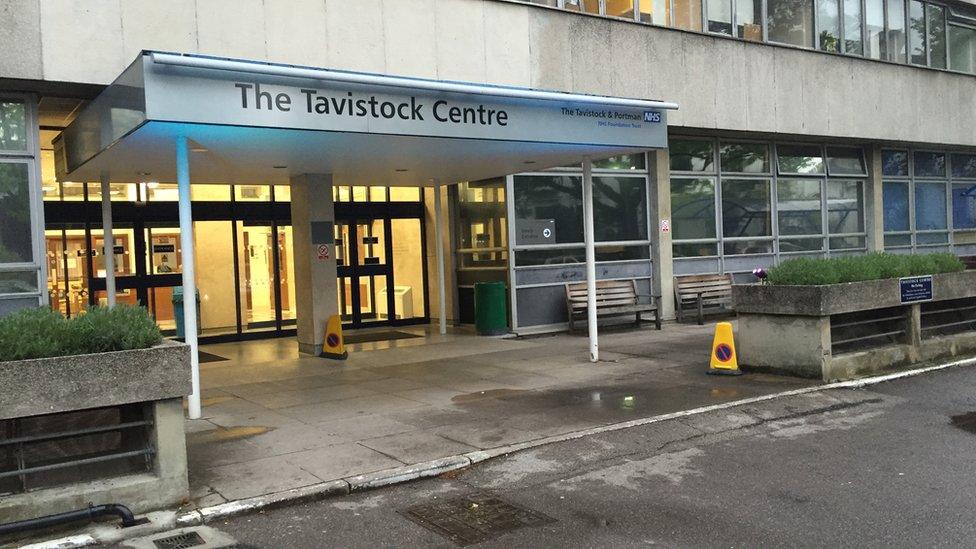
There were 2,016 under-18s referred to the service in the past year
A five-year-old was referred to a specialist NHS clinic as a result of gender identity issues last year.
The child was one of 75 referred from Wales to the unit - almost double the previous year.
Seven years ago there was just one Welsh referral through the NHS.
The figures are from the Tavistock clinic, external - the only centre offering gender identity treatment to young people in England and Wales - which have seen a sharp rise in recent years.
About 2,000 children and young people were referred there through the NHS last year - an increase of 42% on 2015/16. The increase in referrals from Wales was 79%.
Experts say Wales is "catching up" and the rise is because of increasing awareness of gender identity issues.
Jamie Pallas from Gendered Intelligence, which works with transgender children and young people, said: "In general, there has been a great increase in awareness, so if young people are talking to their parents and have questions generally, their parents may be more aware in what they can do to help them. People know they can approach their GPs and ask for referrals.
"There is also a lot of information available on the internet and I think that has helped young people. Also, we are seeing schools support young people."
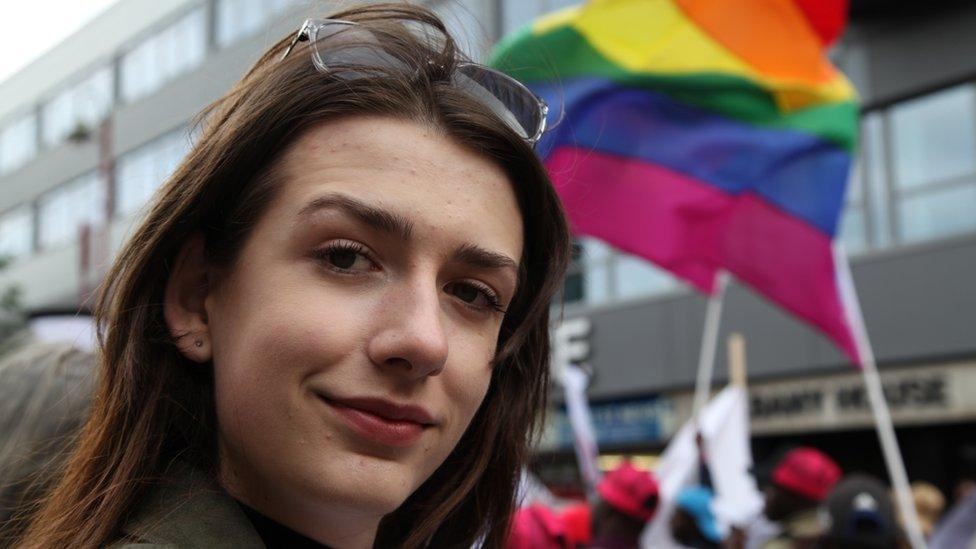
Llyr told her parents she was transgender aged 14
Llyr is among those to have been referred to the Tavistock and Portman Trust. The 16-year-old from Aberystwyth started presenting as a female last year, and has just started testosterone blocker injections.
The teenager, whose parents own a farm, said: "I was so excited at my first injection for testosterone blockers. As soon as the injection when in there was a burst of emotion, it is such a relief and emotion that it is done."
But the Tavistock and Portman Trust stressed that most users did not start the medical pathway to transition.
Dr Polly Carmichael, gender identity development service director and consultant clinical psychologist, said: "There is no single explanation for the increase in referral figures, but we do know in recent years that there has been significant progress towards the acceptance and recognition of transgender and gender diverse people in our society.
"There is also greater knowledge about specialist gender clinics and the pathways into them, and an increased awareness of the possibilities around physical treatments for younger adolescents.
"The majority of our users do not take up physical treatment through our service, and any decisions around hormone treatment needs time and considered thought.
"The long-term health and psycho-social wellbeing of young people is always our priority."
Kate Hutchinson, director of Wipe Out Transphobia, said there was no visibility, "no-one to talk to", and no trans youth organisations when she was a teenager in the 1980s.
"There were no fewer trans young people than today, we just had no-one to turn to for help.
"The only thing I ever saw about trans people were tabloid sensationalist stories that pushed your feelings deeper down and made you feel hopeless.
"Young trans people these days do not need to suffer like that, they see positive changes in attitudes and support, they have hope that they can show their authentic selves.
"Quite simply because of these shifts, they have more confidence and have more awareness of where to turn than previous generations to seek help at a younger age, instead of struggling on."
- Published7 May 2017
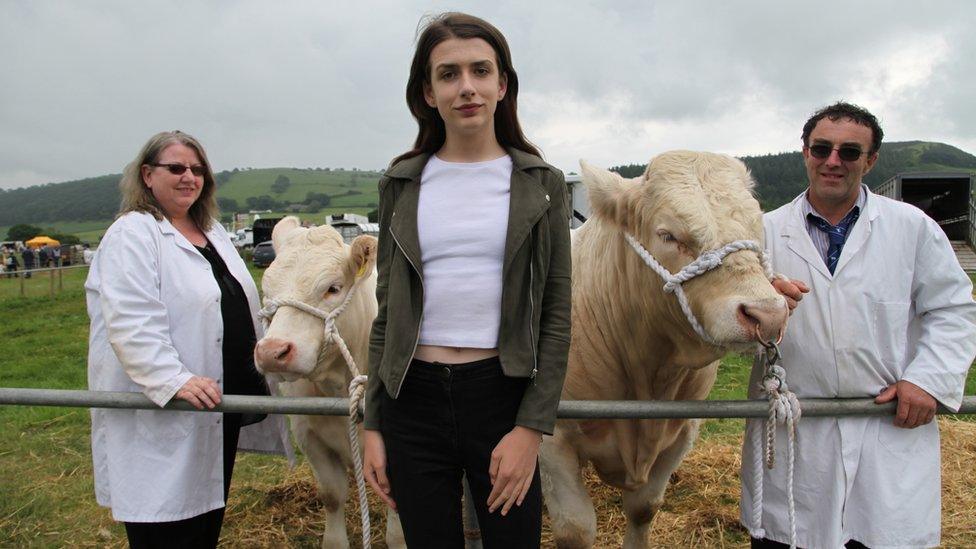
- Published1 December 2016
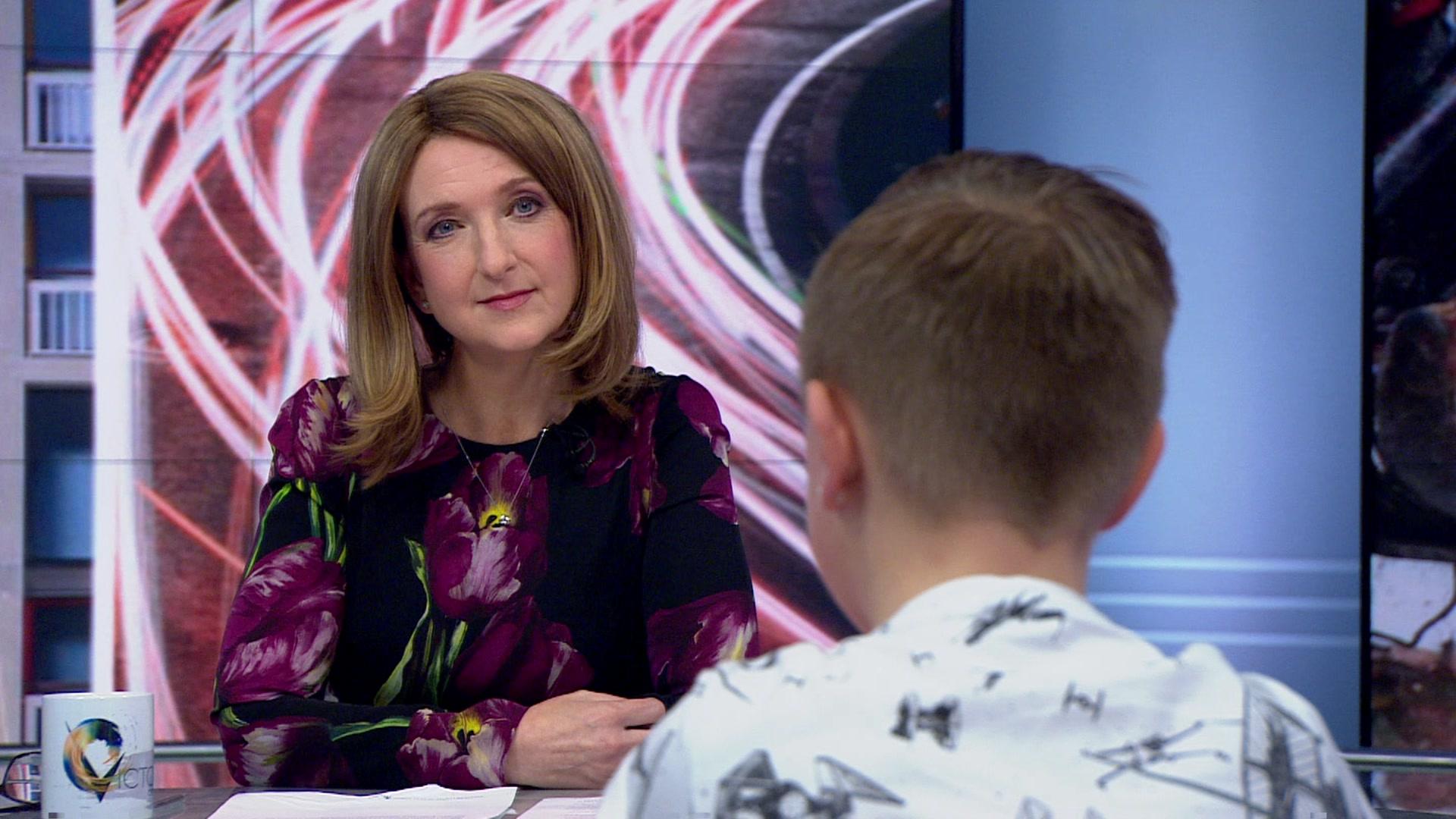
- Published12 May 2016
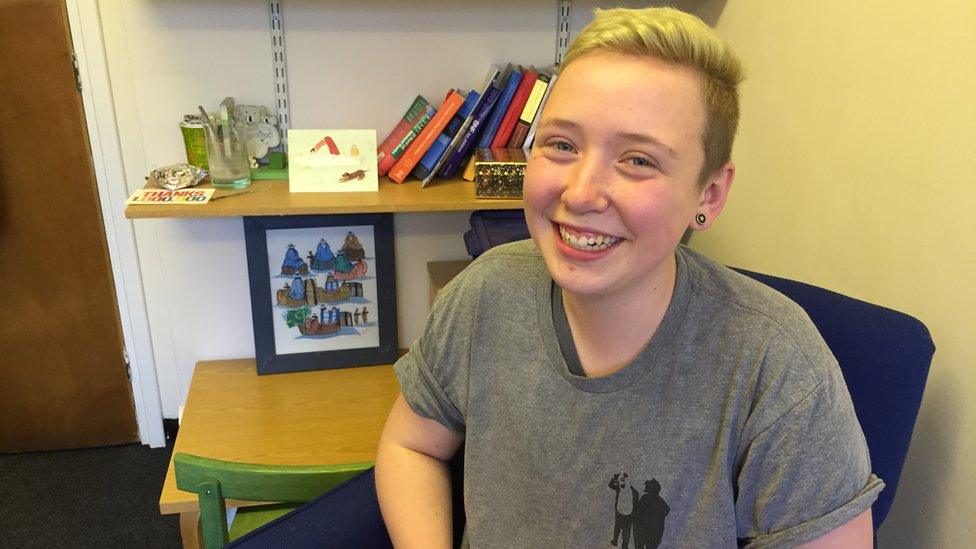
- Published25 October 2016
